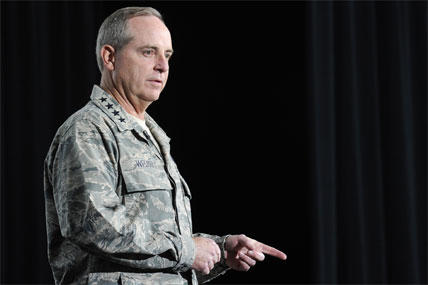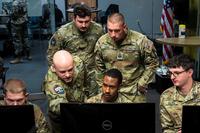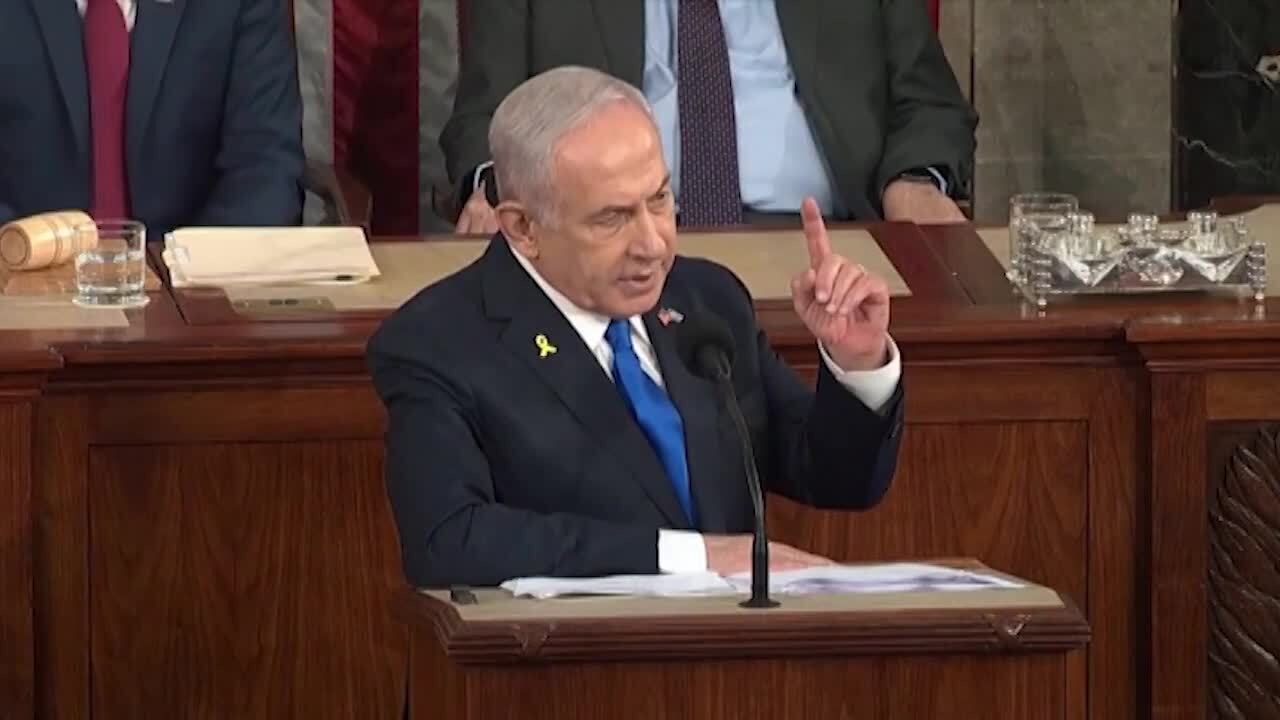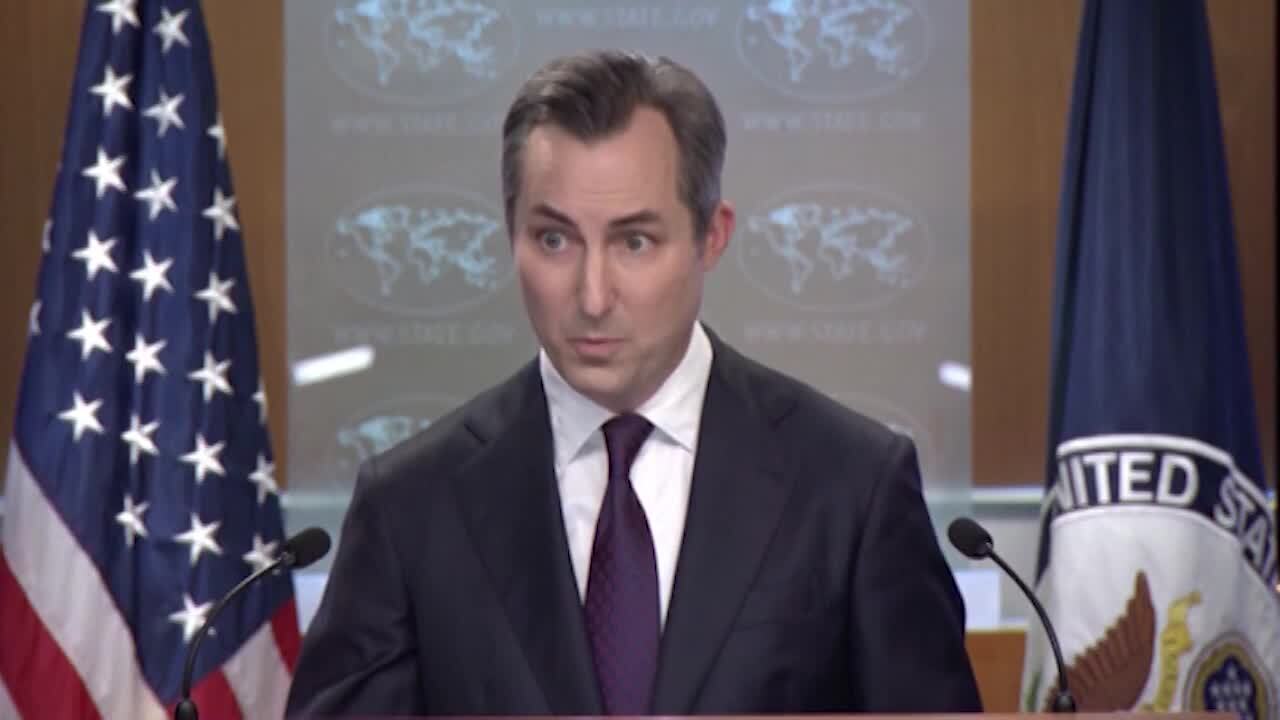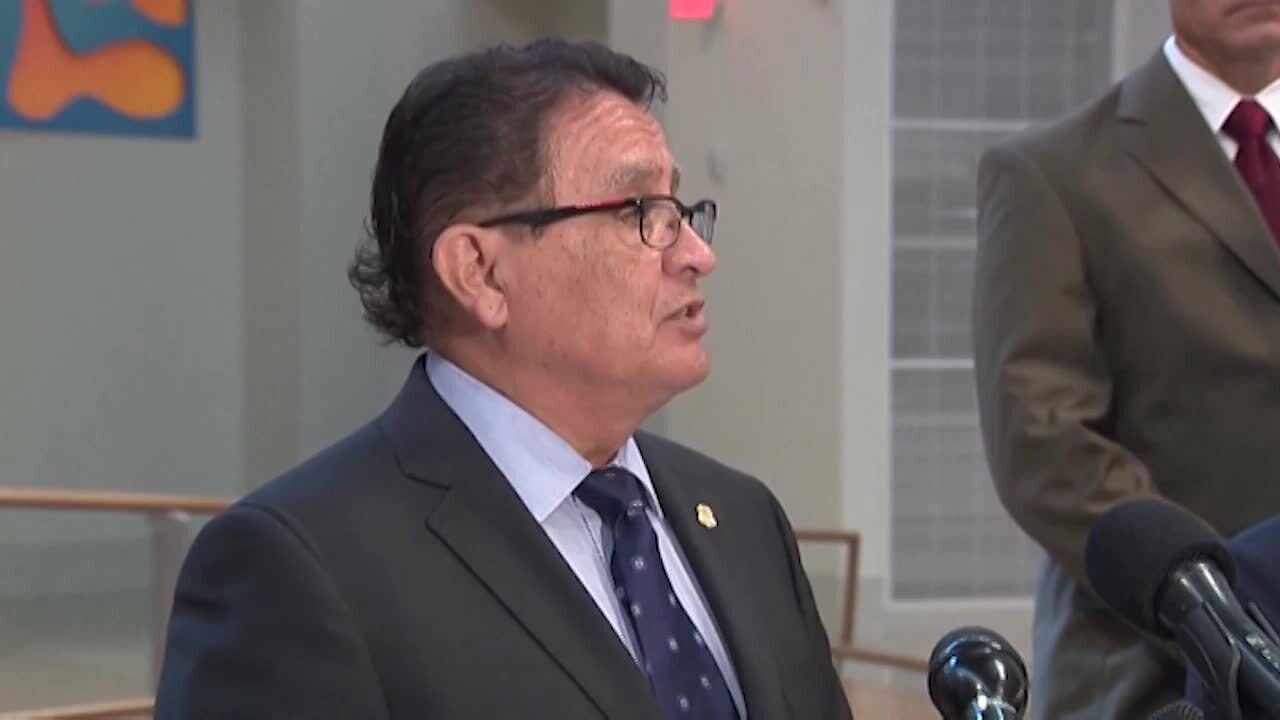The Air Force has failed to establish a culture that protects its airmen from sexual assaults, Gen. Mark Welsh III, the Air Force chief of staff nominee, told Congress Thursday.
Welsh told members of the Senate Armed Services Committee, during his nomination hearing, that the service's efforts to curb sexual assaults, including service-wide education programs, "have not worked." The service must change its approach and perhaps do more to catch potential perpetrators before they attack airmen, Welsh said.
"What we have been doing is not working. It's not for lack of effort," he told Congress. "Everyone is trying to do the right thing and figure out some way of stopping this, but the fact is we haven't. In fact, we haven't even reversed the trend."
At least 31 women have come forward and reported forms of sexual assault in a scandal that has rocked Lackland, home to Air Force basic training. So far, 35 instructors have been removed from their positions, with six already charged with sexual assault. More instructors are expected to be charged as a two-star Air Force general leads an on-going investigation into the scandal.
Staff Sgt. Luis Walker, an instructor with the 326th Training Squadron, is accused of 28 criminal accounts to include rape. His court martial is in progress and has included testimony from victims who told the court he lured them into his dorm room and raped them.
About 35,000 recruits go through Lackland each year, with 500 instructors processing them through 8 ½ weeks of training before the recruits become airmen. The Air Force took the unprecedented step, when leaders learned of the wide-spread reports of sexual assault on the base, to shut down basic training for an entire day. Officials interviewed every recruit to find out how far the scandal spread.
Welsh has followed the Lackland investigation closely as the commander of U.S. Air Forces in Europe. He lauded efforts made by the Air Force and the rest of the military to combat sexual assault over the past decade, but he wants more to be done. Welsh said the service must work harder to stop the sexual assaults before they occur.
"We've worked on victim care and we've worked on reporting. The one thing none of us have figured out how to do is stop the perpetrator before the crime. So, Mr. Chairman, I think there is a lot of work left to be done here," he said.
The Air Force's goal should not be to just reduce the number of sexual assaults each year, the goal should be zero, Welsh said. About 19,000 sexual assaults occur in the military each year in which only about 3,200 are reported, according to Pentagon statistics. The Air Force projects there will be 600 reported incidents of sexual assault in the service in 2012, Welsh told the committee.
Welsh suggested the Air Force institute a screening process to catch potential perpetrators before they enter the service. However, he questioned if such a test existed.
"I don't know if there is a tool that will allow us to help us in that regard to identify the predators, but we should be looking for it," Welsh said.
He also proposed harsher penalties for minor assault and harassment cases to show predators how serious the service is in combating sexual assault in all forms.
Units under Welsh's command in Europe have already started to meet in small groups once a month to allow airmen to get to know each other better. The monthly meetings were introduced to combat sexual assaults, Welsh said.
"The better you know the airmen around you, the better you'll take care of them," Welsh said.
The presumptive Air Force chief of staff had a message for each one of his future commanders and supervisors.
"If you are a commander or a supervisor and you are not directly and aggressively involved in speaking up about this issue in your unit then you are not part of the solution, you are part of the problem, and we have to get that institutionalized in our Air Force," Welsh said.
Welsh promised Congress that combating sexual assault will be a priority in the service if he is confirmed as the next chief of staff. More must be done to protect airmen, he said.
"I think there are a series of things we need to do Mr. Chairman to address this problem, but what I know is we can't rest on our laurels," Welsh said. "We've done a lot of work and we have made no difference."
